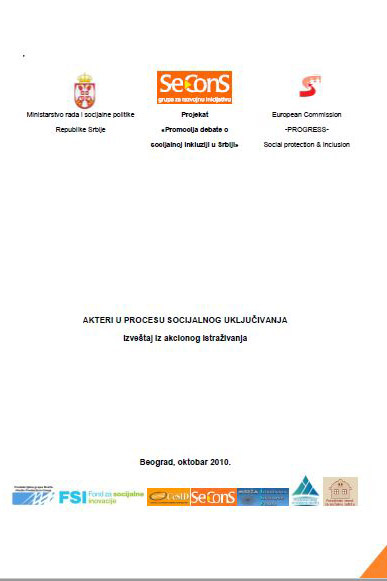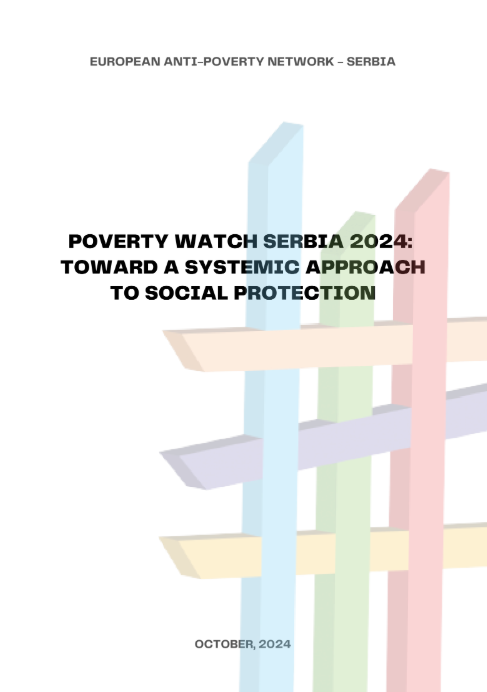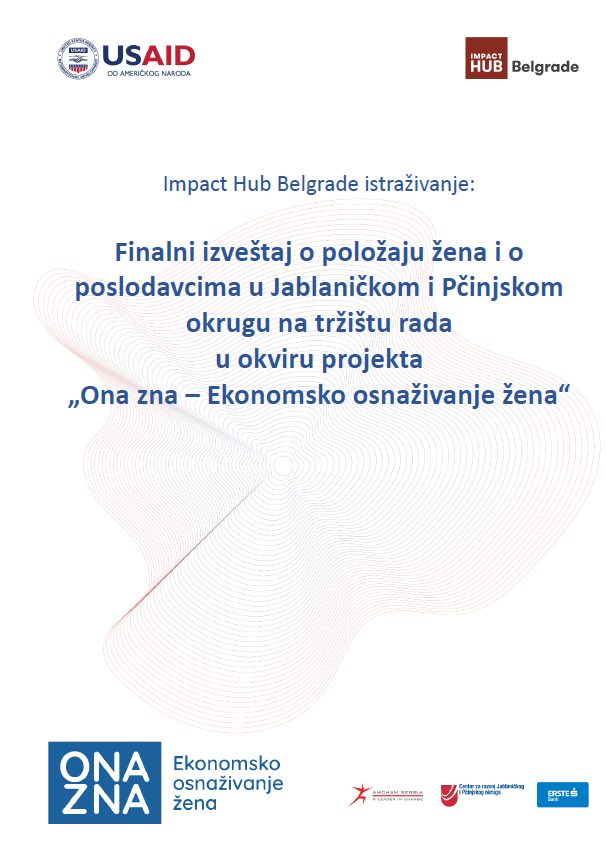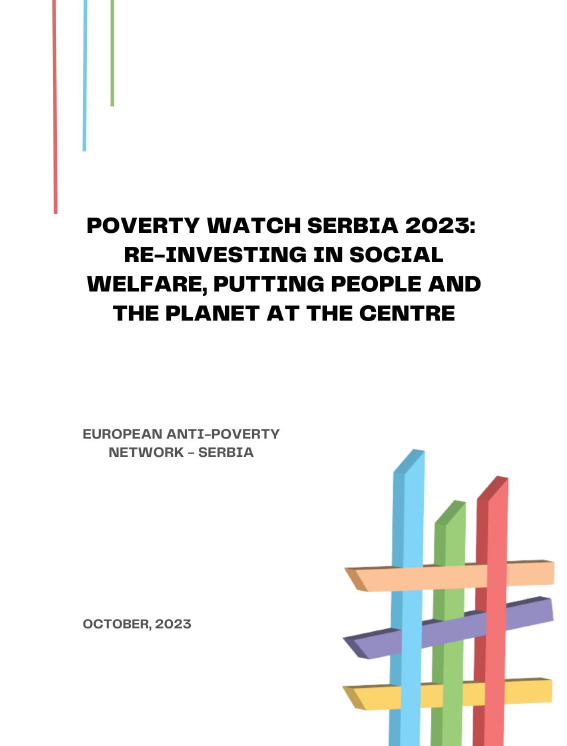Harmonization of national social policies with the EU social agenda and joining the European process of social inclusion is a common goal for all candidate states and potential EU membership candidates. Expanding the focus from the concept of poverty to the concept of social inclusion/exclusion is a key issue in this process.
This Report describes the position, functioning and modes for connecting various social welfare actors in Serbia, in order to assess how close the institutional-organizational networks and the conceptualization of this problem already are to the idea of social inclusion. The objective is to show to what extent have specific institutional-organizational prerequisites for incorporating Serbia into the European social inclusion process already been achieved, and to develop recommendations for establishing a social inclusion process in Serbia.
The survey which the Report is based on was conducted in two waves, carried out a year apart. Survey respondents included representatives from the local self-government, social welfare centers, the media, NGOs, associations of vulnerable population categories, educational institutions and academic circles. Once project activities were completed, the survey was repeated with a number of respondents from the first wave, in order to estimate progress achieved in expanding the knowledge on the concept and creation of institutional-organizational networks.
The Report was developed as part of the project “Promotion of Debate on Social Inclusion in Serbia”, with the Social Innovation Fund as the project leader. Other partners on the project included the State Institute for Social Protection, the Provincial Institute for Social Protection, the “Mreža” Production Group and nongovernmental organizations SeConS, CESID and Network of Social Researchers (“Mreža istraživača socijalnih prilika”).













